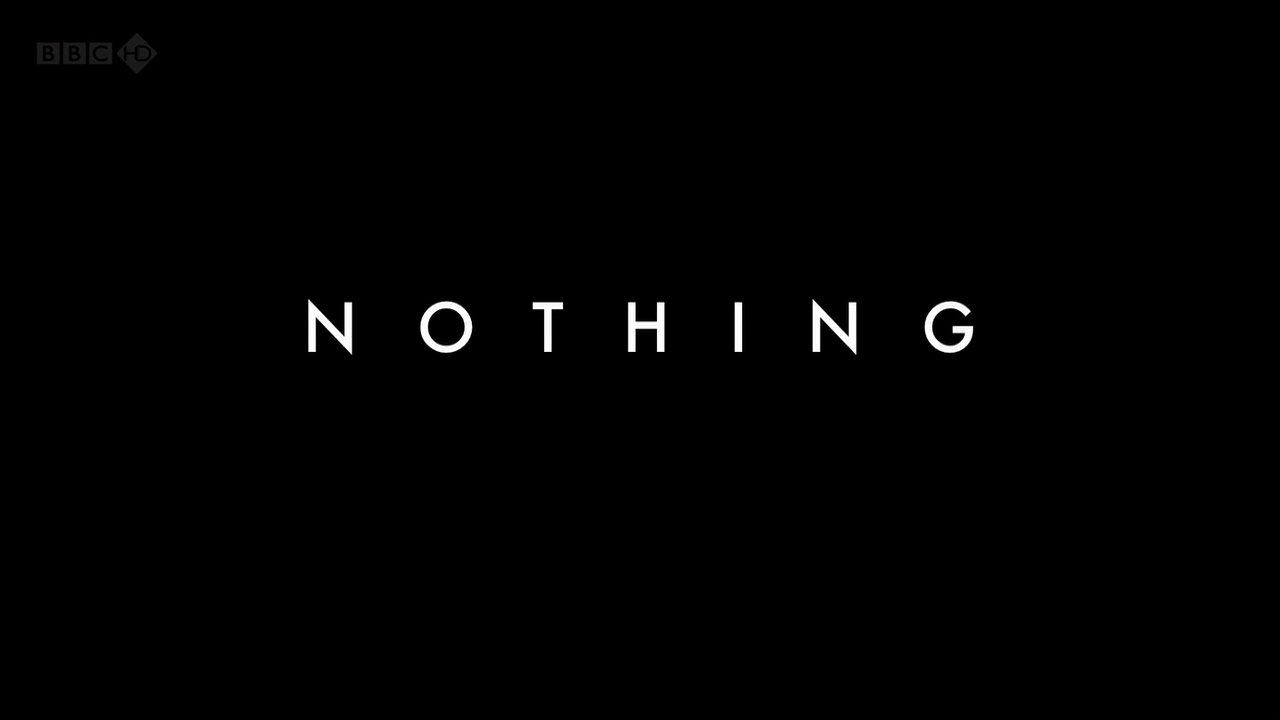Before we can even begin to answer such an amazing question, we must discuss the reality of how the universe works. As I see it, there are two possibilities. One, you exist and the entire universe that you exists in will continue to exist even if you are not there to perceive it. Or, two, you exist, purely subjectively, and the idea that things exist outside your experience of them is a false assumption. It's the classic "if a tree falls in the middle of a forest with no one around, does it make a sound?" question.
The tree will still make a sound as it falls even if you are not around to hear it. This seems to be the more intuitive (and, quite frankly, less egotistical) idea. Things happen and events take place outside your realm of observation. How accurate your observations are (as they are perceived through fallible senses) is up for debate. But the main point is that things happen that are beyond you perception, and their effects slowly reach you over time, rather than random effects being generated by our senses, and interpreted by us as cause and effect.
This way supports that things exists. Not only is there an experiencer existing, but also something being experienced.
Even proving you exist as you think you exist can be tricky at best, impossible at worst. However, it is indisputable that something exists because there is something to be doing the experiencing. Now, if we say that just you exist and nothing else exists as you experience it, then how are you experiencing anything? Well, remember how there is an epistemic horizon disallowing you from really seeing how your "consciousness" works, and creating the illusion of "free" will? There are actually two epistemic horizons. One, as previously mentioned, is the subconscious horizon. The second is the horizon of your senses, or your sensory horizon. The sensory horizon hides how and what we are actually perceiving, and the subconscious horizon hides how we are actually processing this information. This unfortunately leaves us with a quite a narrow band of "conscious" thought. So, you are still experiencing things, but they are through your senses, and your senses lay beyond your sensory horizon. This means that for all you know, sensory input is another part of you, just on a superconscious level. You are quite literally dreaming.
All of this does explain how you can exist and nothing as you experience it does, but it does not quite answer the question of why. We'll get to that, Alice. First we must continue down the rabbit hole.
Either way, things exists, so why does it matter? Well, each view changes it's reciprocal; that is, nothing. And is there a way to prove or disprove either one? Well, there are two ways to do this, and they both involve disproving Possibility Two: you either have to experience something that could not, at all, have been produced by your superconscious (and therefore go completely and utterly insane), or you could die. Seeing as how our options are limited, let us simply explore both venues.
If Possibility One (the universe exists in independence) is true, then let us apply Superstring Theory to this idea. Superstring Theory ends in the tenth dimension (that is, Everything, capital E), and never explains an eleventh. However, if we apply Possibility One's nothing to this eleventh dimension, then the eleventh dimension becomes a curve of probability between Everything and Nothing. Obviously, we fall on the Everything side because we can do the experiencing. Nothing can't fall on Nothing, because if it did, it would be Nothing, and therefore not exist. So this true Nothing exists, but doesn't exist, because there is nothing ever to say that it does exist. That is why it has us so befuddled, because even nothing is something, and is therefore not nothing. Because this 11th dimension Nothing exists but can't, automatically, we exist. Voila.
However, if we entertain Possibility Two, there are still questions. If only we exist, then that means Nothing outside of us exists. But Nothing can't exist, so we exist as everything, everywhere. Then why are we reduced to such small visceral states? Whys do we seem bounded when we must be boundless? Ah, it is the nature of Everything. Everything seems boundless, but it is a trick of infinity. We are infinitely complex, but not infinitely big. This means that the Nothing exists only as a counterpart to how we are complex, rather that large. We exist as we do because you fell that way on the curve of probability that extends between Everything and Nothing. You can exist in differing states between Everything and Nothing because of the way you are infinitely complex, and you infinite complexity allows for such a limbo to occur.
To sum up, while I cannot yet give an answer as to which is right, One or Two, I can tell you, in short: we exist because Nothing does exist, but can't. We are the default. Or rather, I am. There is no proof that you exist. Nothing you could present to me to prove that you are actually presenting it to me. Alas, that is the curse of existing. Because we are not Nothing, we must be Everything.






